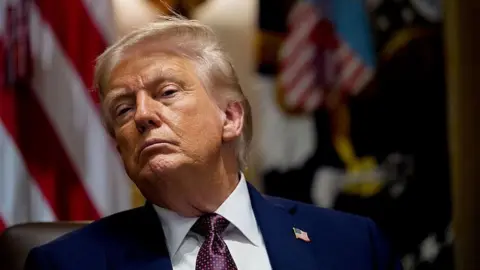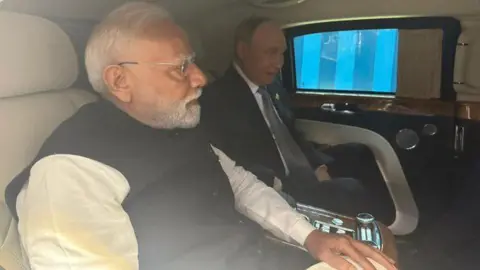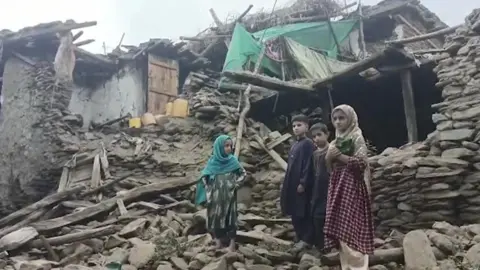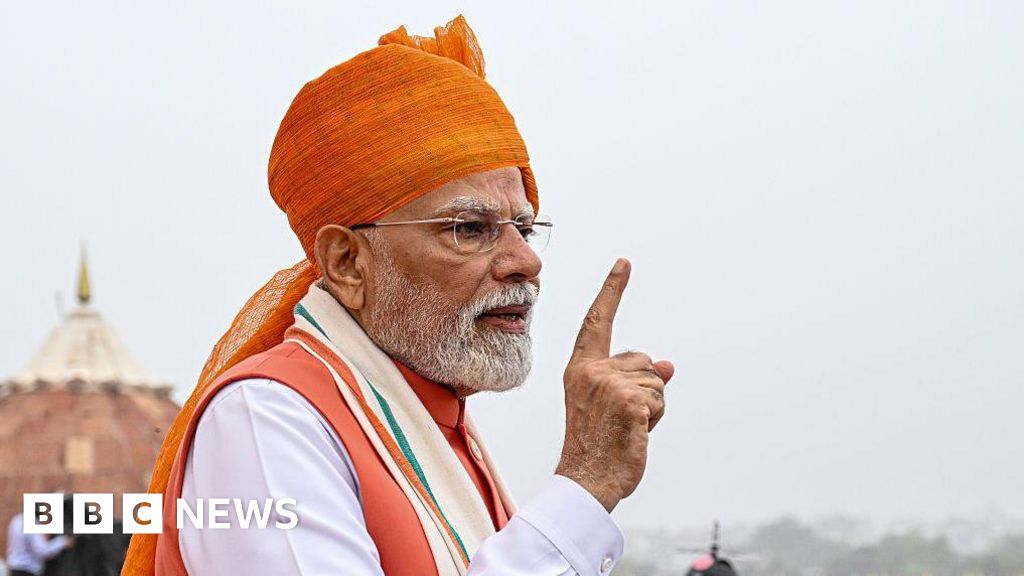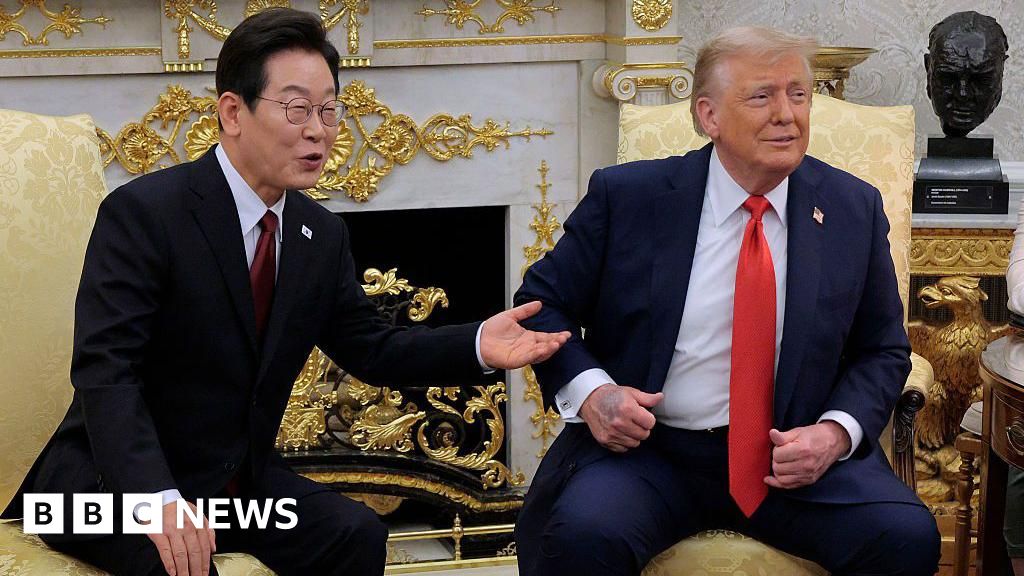President Trump is set to meet with leaders from Gabon, Guinea-Bissau, Liberia, Mauritania, and Senegal at the White House on Wednesday to discuss economic investment initiatives. This gathering is part of an effort by the Trump administration to reevaluate its trade strategies in Africa, particularly in light of increasing competition from China.
The meeting, taking place in the State Dining Room, signifies Trump's intent to forge partnerships with these nations, focusing on securing U.S. access to critical minerals that are essential for various industries and to counter China's expanding foothold on the continent. A White House source indicated that Trump views these countries as prime opportunities for investment collaboration.
However, this initiative arrives against a backdrop of significant reductions in U.S. humanitarian aid to Africa, raising concerns over the potential impact on vulnerable nations. For instance, aid contributions to Liberia have reached an unprecedented proportion of the country's gross national income, a situation heightened by recent cuts from the United States Agency for International Development (USAID).
Furthermore, the president's consideration of extending travel bans to four of the five countries represented at the meeting complicates the diplomatic climate. Only Guinea-Bissau remains exempt from such restrictions, currently under review by the State Department.
The timing of this meeting also follows Trump's recent negotiations with diplomats from Rwanda and the Democratic Republic of Congo aimed at solidifying a peace agreement to alleviate ongoing tensions in eastern Congo, which includes economic terms that could facilitate U.S. access to critical mineral resources.
Ambassador Troy D. Fitrell articulated the administration's ambition, stating that its strategy is focused on making commercial diplomacy a primary element of diplomatic engagement. He emphasized that during Trump's second term, over 70 commercial agreements spanning infrastructure, clean energy, and technology sectors have been established throughout Africa.
The meeting, taking place in the State Dining Room, signifies Trump's intent to forge partnerships with these nations, focusing on securing U.S. access to critical minerals that are essential for various industries and to counter China's expanding foothold on the continent. A White House source indicated that Trump views these countries as prime opportunities for investment collaboration.
However, this initiative arrives against a backdrop of significant reductions in U.S. humanitarian aid to Africa, raising concerns over the potential impact on vulnerable nations. For instance, aid contributions to Liberia have reached an unprecedented proportion of the country's gross national income, a situation heightened by recent cuts from the United States Agency for International Development (USAID).
Furthermore, the president's consideration of extending travel bans to four of the five countries represented at the meeting complicates the diplomatic climate. Only Guinea-Bissau remains exempt from such restrictions, currently under review by the State Department.
The timing of this meeting also follows Trump's recent negotiations with diplomats from Rwanda and the Democratic Republic of Congo aimed at solidifying a peace agreement to alleviate ongoing tensions in eastern Congo, which includes economic terms that could facilitate U.S. access to critical mineral resources.
Ambassador Troy D. Fitrell articulated the administration's ambition, stating that its strategy is focused on making commercial diplomacy a primary element of diplomatic engagement. He emphasized that during Trump's second term, over 70 commercial agreements spanning infrastructure, clean energy, and technology sectors have been established throughout Africa.









